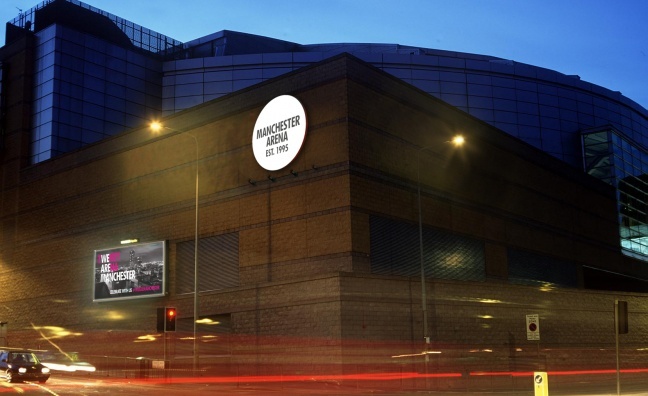The incident at Ariana Grande’s Manchester Arena show, in which 22 people died and dozens were injured, is every parent’s worst nightmare.
Terrorist outrages used to happen far away or in situations that you could easily convince yourself you’d never be in. Not nowadays: not after the Bataclan, Westminster and now Manchester. Everyone has been to a concert and, more pertinently, everyone with children has been to a concert like Ariana’s.
Taking your kids to see their favourite artist is one of the purest joys you can experience. Seeing the excitement on their faces when the star plays their favourite song or waves in their general direction is the stuff the happiest memories are made of. Many at Monday night’s gig would have been experiencing such innocent thrills for the first time.
So the scenario is heartbreakingly relatable. Would you have left just before the end to beat the rush and been caught up in the carnage? Or would your kids have persuaded you to stay until the very last song, meaning they’d have had to cope with the chaotic aftermath and the traumatic, distressing scenes outside? Or, even worse, would you have been persuaded that the kids were fine to go to this one on their own, and been in the throng of expectant, nervous parental faces waiting in the foyer to scoop them up and whisk them home to bed before it gets too late for a school night?
Questions of safety and security weigh heavily on parents’ minds at the best of times but, from now on, that burden will increase exponentially. But it’s important to remember that the huge expansion of the live business has been built largely on making the experience family-friendly and, above all, secure.
Growing up in the ‘80s and early ‘90s, there was nothing as horrendous as this to deal with, but gig-going in general was a riskier business. Fights at shows were commonplace and a lackadaisical approach to health and safety and crowd control, over-zealous security and the prevalence of drink and drugs meant few parents were keen on letting their children into such environments. Not that many necessarily wanted to; seeing live music was a much more niche activity back then.
Now it’s a big, mainstream business – largely because the experience has improved to the extent that it appeals to everyone, from children to grandparents. Gigs take place in comfortable, safe arenas with knowledgeable and helpful staff. I haven’t seen a fight at a show for about 20 years. Even at the sketchier end of the toilet circuit, gig-going now feels like a safe thing to do, whatever’s happening in the world.
Will all that change now? Will parents everywhere be too concerned to take their children to arena shows or let them go unaccompanied? Will the venues have to bring in such extreme security measures that attending a show becomes as wearisome as going to the airport has become? How will Ariana Grande – whose music has always embodied the carefree fun of being young - feel about playing live now? How will other US artists view touring the UK? Where does this leave festival season?
Right now, no one knows the answers to those questions. They’ll only be revealed over the coming weeks as we see what effect the events of last night have and the live industry puts plans in place.
Manchester, of course, has endured terrorist outrages before, it’s a tough, resilient city and it will bounce back. Every sector of the music business, from grassroots fans to the world’s biggest superstars, has been united in its support for those affected. The Bataclan re-opened. Britain has made a habit out of keeping calm and carrying on in the face of such incidents, and no doubt most people – this parent included – will continue to see live music. And venturing out to see Twin Atlantic at Brixton Electric last night, we found understandably increased security, but an unbowed young crowd.
But one thing’s for sure: the simple, exciting experience of going to a gig in the UK with your children just changed, possibly forever.











